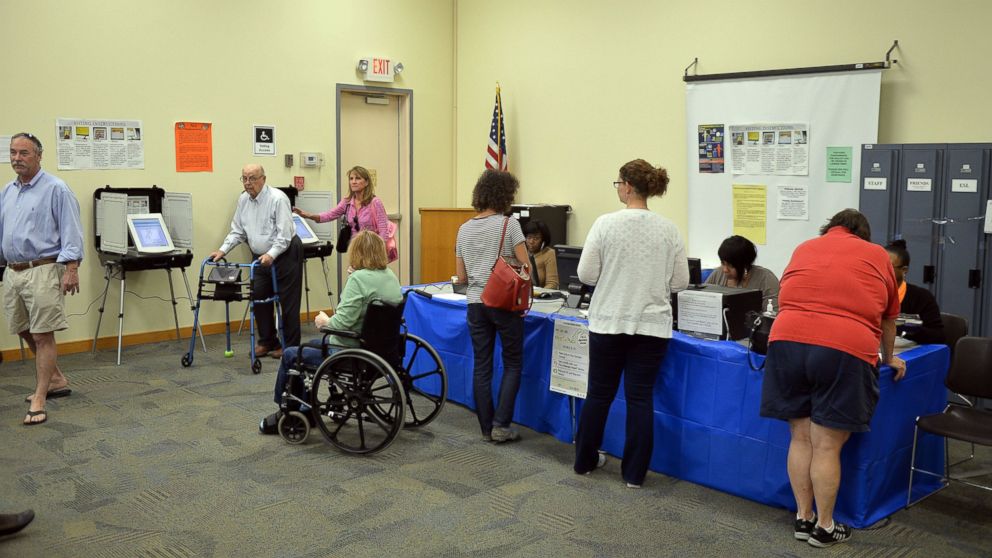Voters Look for Community Not Self Interest
Why next cycle's campaigns must appeal to community interests instead.

— -- After every election there is a discussion from analysts concerning their confusion of why voters would vote against their self-interest. Democrats and liberals lament the fact that white working-class voters, especially males, vote overwhelmingly Republican, which they perceive as a vote against their own self-interests. The GOP and conservatives complain that middle-class voters, especially minorities, who haven't seen any rise in income in a generation voted overwhelmingly for President Obama.
Putting aside the fact that this discussion feels arrogant in that people know what is best for someone else, the irony is both sides miss the point entirely, and misread the motivation of the public. I have written and spoken many times about President Reagan's famous re-election thematic "Are you better off than you were four years ago?" While seemingly effective against Walter Mondale, Reagan's campaign got how voters make decisions only partially right.
In an exercise to test the effectiveness of this range of messaging I commissioned poll questions on just this topic. And the result was that the two top motivating messages for voters is "Is the country or your community better off today?" and "Will your community or country be better off in the years ahead?" The answer to these questions are key and very predictive of voter behavior.
While some voters may cast ballots out of pure self-interest, the vast majority of voters are concerned about their community or country more than they actually are concerned about their own particular self-interest. That is why you see voters who have lost their jobs or suffered themselves vote for an incumbent party. Or voters who have seen an increase in their own economic situation vote for a challenger. In the end, the public makes decisions that are keyed on the community or the country's interests.
Most campaigns misread this dynamic and continue to send messages that are purely designed for a voters specific special interest. With the rise of "big data" and micro-targeting in political campaigns (and I was the one who first put this in place in 2004), political operatives use this tool to deliver individual self-interest messages even more efficiently. Because voters seek to find community- or country-based interest messaging, this tactic used by many campaigns reduces its effectiveness dramatically.
The best way to use micro-targeting is to deliver a "big" country-related message on a targeted individual basis. Being able to deliver a message based on the interests of the community or country in an efficient voter-by-voter method is the most effective way to reach voters where their hearts are. Big data only works when combined with a big message conveying what is in the community's or country's best interest.
Putting aside the effectiveness of political communications and voters not responding to individual self-interest appeals, candidates who make this type of appeal miss a great opportunity to bring their communities and the country together. The natural outcome of continued self-interest appeals is to damage our democracy and prevent a common set of community interests from converging. It is one reason why voters and small groups seemed pitted against each other, and we develop conflict instead of consensus.
As we move into the 2016 presidential race, I am going to be watching for which candidates and campaigns get this. Let us look for the ones who understand that effective political tactics is about developing appeals to community and country interest and not about what is in someone's self-interest. The candidate who utilizes a broader message encompassing community appeals will be the one who will be most successful. And the one who will begin to unite a divided country.
There you have it.
Matthew Dowd, founder of ListenToUs, is an ABC News analyst and special correspondent. Opinions expressed in this column do not reflect the views of ABC News.




